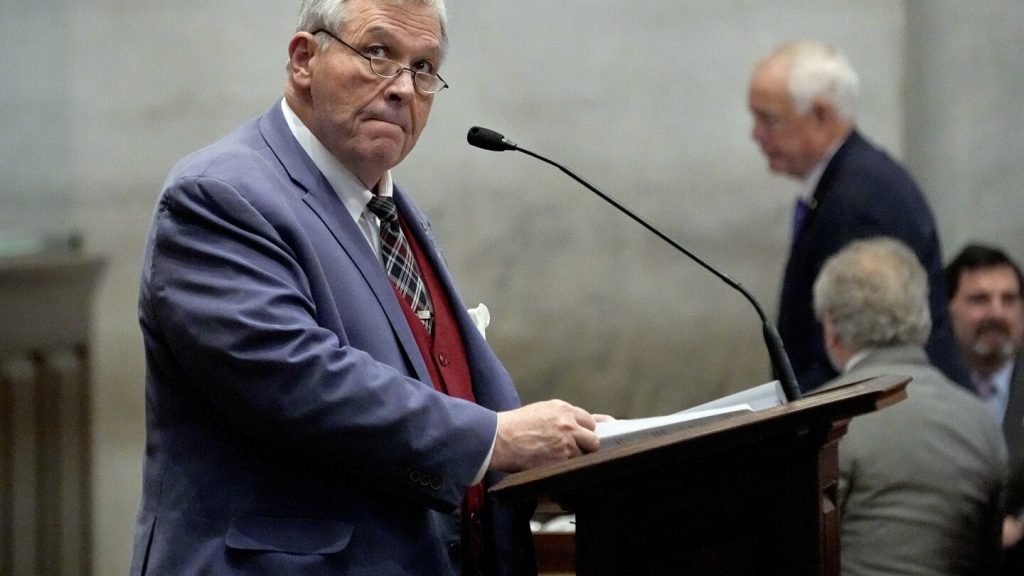Tennessee’s House Republican members rejected a bill that would have prohibited local governments from funding reparations for slavery. The bill had initially passed the Senate, but was put on hold due to controversy over two Black Democratic lawmakers being expelled for participating in a gun control protest. The renewed interest in the bill coincided with the replacement of board members at Tennessee State University, causing critics to accuse white GOP leaders of lacking trust in Black local leaders.
During a debate on the House floor, Democratic Rep. Larry Miller argued in favor of studying reparations, stating that it doesn’t take anything away from anyone and is a necessary part of acknowledging history. However, as the bill’s sponsor, Republican Rep. John Ragan, began his opening remarks, another Republican motioned to table the proposal, effectively killing it for the year. Despite Ragan’s insistence that the bill was needed to prevent punishing innocent individuals for past actions, House Speaker Cameron Sexton and other Republicans voted to table the bill.
The push to ban reparations in Tennessee was sparked by Shelby County’s decision to spend $5 million on studying the feasibility of reparations for the descendants of slaves, following the fatal beating of Tyre Nichols by officers in January 2023. Similar efforts to ban reparations have been made in other states, such as Florida and Missouri, with mixed results. Some states, including California, New Jersey, and Vermont, have actively moved to study reparations and consider ways to address the legacy of slavery.
The defeat of the reparations bill in Tennessee highlights the ongoing debate over how to address the lasting effects of slavery and systemic racism in the United States. While some argue that reparations are necessary to address historical injustices and systemic disparities, others believe that it is unfair to punish current generations for the actions of their ancestors. The decision to table the bill reflects a reluctance among some lawmakers to engage in a potentially contentious debate on the issue of reparations.
Moving forward, it remains to be seen whether Tennessee will revisit the issue of reparations in the future or if other states will follow suit in considering similar legislation. The debate over reparations is likely to continue to be a divisive issue, with differing opinions on the best way to address past injustices and promote racial equity in the United States.


